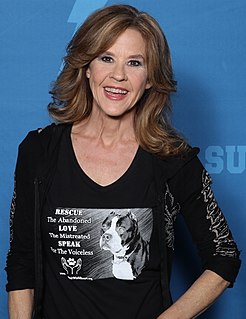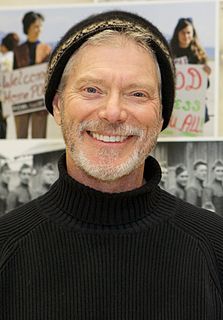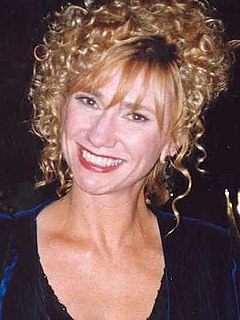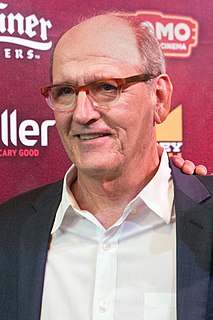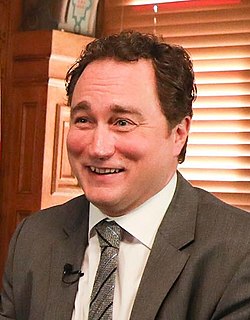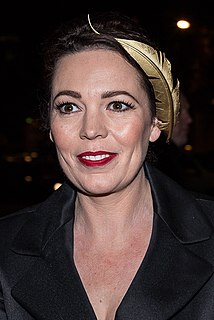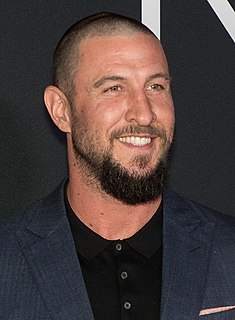A Quote by Michael Eklund
I've had a couple of people come up to me after screenings and say they kind of sympathized with the character. I always get a kick out of it when people say that. It means I did something maybe a little bit to the credit of the character.
Related Quotes
I've had people appear in my life that have helped me. I had more fun. I approached it thinking how would Jack Nicholson, "How would he do it?" So that's really what I did was I created this Gremlin character. So now people come up and they say 'Oh The Exorcist!'.. and I'm like "Did you see Repossessed?" They say either no or yes or whatever, and I say look at this, have a laugh, and then go back and look at a masterpiece.
I always try to bring a little bit of my own personality to the character, or some sort of personal connection makes it a little bit more of an organic portrayal and the audience can kind of maybe believe it a little bit more. But I always look for something to kind of connect with and identify with, or bring something of myself to the table.
When you are writing, you have to love all your characters. If you're writing something from a minor character's point of view, you really need to stop and say the purpose of this character isn't to be somebody's sidekick or to come in and put the horse in the stable. The purpose of this character is you're getting a little window into that character's life and that character's day. You have to write them as if they're not a minor character, because they do have their own things going on.
I don't only act out of my character; my character reacts to my actions. Each time I why, even if I'm not caught, I become a little bit more of this ugly thing: a liar. Character is always in the making, with each morally valenced action, whether right or wrong, affecting our characters, the people who we are.
If you can say something to people that's maybe a little bit insulting, but they're kind of giggling as they are hearing it, if you say something to their face without them getting mad at you, I think that's the right balance. You don't want to make it uncomfortable, especially for the viewer or the people around either. Sometimes that happens. You're watching and you're like, 'Uh, this is awkward. I don't want to look!' But, if everybody's enjoying it, I think that works.
Every once in a while, someone comes up to me and says, "Excuse me, are you Tim Daly?" And I say yes and they say "I have to tell you, I am such a huge fan of yours, and my favorite work of yours is the voice of Superman." I'm always sort of surprised when that happens - I used to think that it was all about the kids watching those animated shows, and who did the voices didn't really enter their consciousness. But there are people that it means a lot to and I'm always a little bit taken aback by that. And I'm thrilled when that happens.
People don't stop me on the street and throw things at me. But I'm aware of what that dynamic is, so whenever people react strongly to a character and say that they hate me, I take it as a job well done. And for most people, there's a sense of removal. Most people are not saying, "Oh, my god, I hate you!" Most people that have reactions say, "I love to hate your character."

